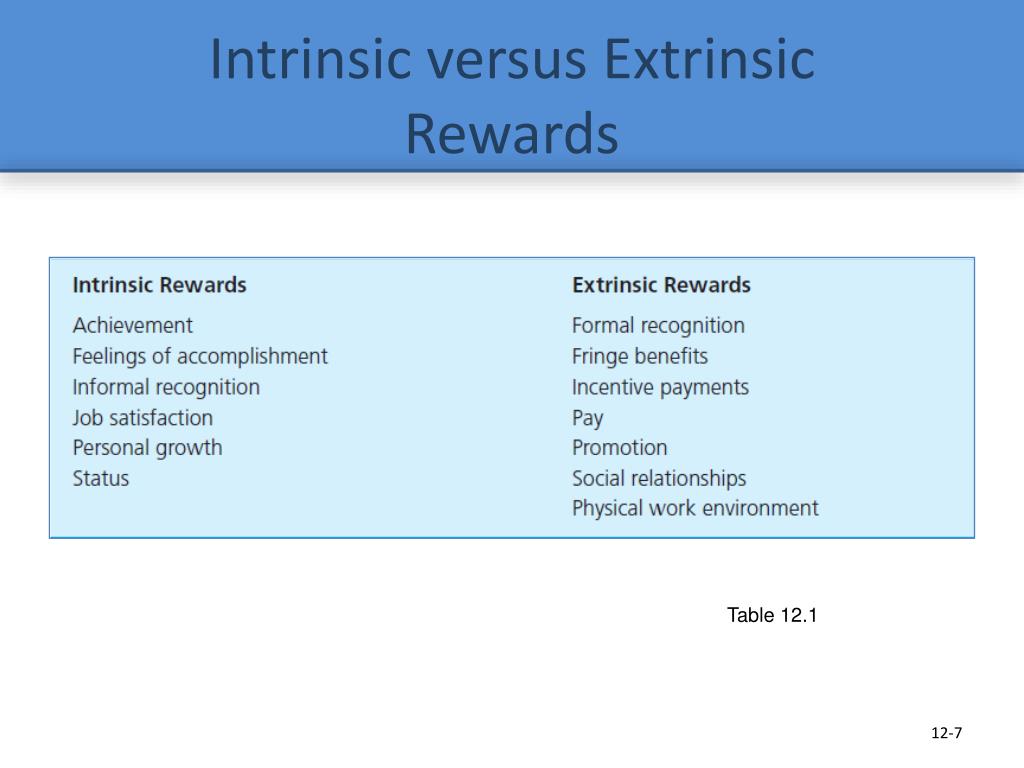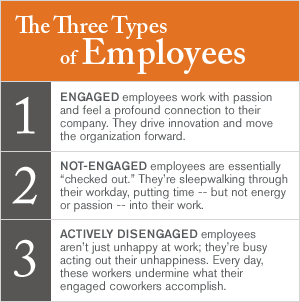Types Of Motivation For Employees
Motivation Theories Early and Contemporary Modern

Early and modern theories of motivation allow a manager to find the reasons for people s actions desires and needs. The following theories are considered contemporary or modern not only because they necessarily were developed recently but because they represent the current state ofSome of the contemporary modern theories of motivation are explained below. We all are familiar with the classical theories of motivation but they all are not empirically supported.PDF Objective To succinctly summarise five contemporary theories about motivation to learn articulate key intersections and distinctions not nd other broadly-recognised modern theories. Our goal is not to present a comprehensive exami-. nation of recent evidence but to make the theoretiThere is no single motivation theory that explains all aspects of human motivation but we look at a few theoretical explanations. Motivational Theories in Business. There are many theories developed for the purpose of application to the organizational setting and motivation of employees.This videos is to fulfilling our Organisational behavior assessment hopefully all viewers understand the information that my group members and i want toVarious competing theories have been proposed concerning the content of motivational states. They are known as content theories and aim to Theories articulating the content of motivation what kinds of things people find motivating are among the earliest theories in motivation research history.1. Motivation - Early Contemporary Theory of Motivation Dr. G C Mohanta BE MSc Engg MBA PhD Mgt Professor. 2. Motivation The processes that account for an individual s intensity direction and persistence of effort toward attaining a goal. Intensity - how hard a person tries DirectionThe Motivation Theories provide a great understanding of how people behave and what motivates them. Some of the famous motivation theories include the following 1. Maslow s hierarchy of needsAbraham Maslow postulated that a person will be motivated when his needs are fulfilled.Contemporary Theories of Motivation. Early motivation theories were based on the assumptions and sometime these theories were not supported by strong evidence.
This is Motivation - Early Theories and Contemporary Theories of Motivation by Sreenivas Dega on Vimeo the home for high quality videos and the Motivation - Early Theories and Contemporary Theories of Motivation. 2 weeks ago.The expectancy theory of motivation is a psychological theory posed by Victor H. Vroom in 1964 that says people are motivated by their expectation of achieving a specific outcome as a result of their actions or effort. This motivational theory is a form of external or extrinsic motivation and focusesSome of the contemporary modern theories of motivation are explained below ERG Theory McClelland s Theory of Needs Goal Setting Theory Reinforcement Theory EARLY THEORIES OF MOTIVATION 1950 s Hierarchy of needs theory Theories X and Y The two-factor theory.These modern theories take into account past theories presented by theorists such as Abraham Maslow. Motivation theories have been utilized to understand human behavior in work settings educational endeavors and interpersonal relationships.1. Explain the early and contemporary theories of motivation. Motivation is the processes that account for an individual s intensity direction and Six Recommendation on Motivation theory The Goal of this Article is to analyse the various Motivation Theories for employees in the workplaceContemporary theories of motivation incorporate equity control and agency theory as well as goal setting reinforcement and job design theory. The theories of motivation maybe categorized according to their definitions and purpose but critical analysis reveal that they are all linked they leadhow does expectancy theory explain motivation the theory that an individual tends to act in a certain way based on the expectation that the act will be followed by a given outcome and on the attractiveness of the outcome to the individual. i.e positive reinforcement. what are the three factors of theThe earliest answer to motivation involved understanding individual needs. Specifically early researchers thought that employees try hard and Among the need-based approaches to motivation Douglas McClelland s acquired needs theory is the one that has received the greatest amount ofWork Motivation Theories. Motivational Theories in the Workplace. Herzberg Motivation Theory. Thus the theory points out that effective managers can anticipate each employee s personal need profile and to provide opportunities to satisfy emerging needs.
Motivation theory is thus concerned with the processes that explain why and how human behavior is activated. The broad rubric of motivation and Early explanations of motivation focused on instincts. Psychologists writing in the late 19th and early twentieth centuries suggested that human beingsEarly and modern theories of motivation allow a manager to find the reasons for people s actions desires and needs. Details CONTEMPORARY MOTIVATION THEORIES IN EDUCATIONAL PSYCHOLOGY AND LANGUAGE LEARNING AN OVERVIEW El in lmezer zt rk School ofAchievement Motivation Theory was developed by David McClelland in the 1960s and is related to Herzberg and Maslow s theories. This theory is rooted in three motives achievement power and affiliation. McClelland described each of the three needs and claimed that individuals are motivatedMany different motivation theories have been created and dissected over the past century in an attempt to understand human behaviour and answer the Motivation is a need within us that inspires us to take action. In leadership motivation theories play a key part in organisational behaviour andWhere modern psychologists disagree with Freud is in how they conceive of the unconscious. Timothy Wilson uses the term adaptive unconscious to refer to the Self-Determination Theory Motivation Beyond Manipulation Early research on motivation often took a simplistic view of human nature.17 Contemporary Theories of Motivation Goal-setting theory - the proposition that specific goals increase performance and that difficult goals when accepted result in higher performance than do easy goals. Self-efficacy - an individual s belief that he or she is capable of performing a task.Contemporary Theories of Motivation Gonzalo Campuzano Enrique Flores OUTLINE Introduction Early Theories of Motivation Overview Goal INTEGRATING CONTEMPORARY THEORIES OF MOTIVATION Many theories are complementary. Its basic foundation is the expectancy model.Theories on Motivation. Motivation is a way of creating high level of enthusiasm to reach organizational goals and this Here in this write-up we are trying to find out the common ground of the early and contemporary theories of motivation which ultimately helps us to better implication ofMotivation Theories Early and Contemporary Modern Finally all contemporary theories of motivation are cognitive in the sense that by contrast with some earlier theories they presume the involvement of mental processes that are not directly observable.
CONTEMPORARY THEORIES OF MOTIVATION A. Unlike the historic theories of motivation these current theories of motivation do have a reasonable Rental Info Detail www.saylordotorg.github.io Show Rentals. Get more Rental. Motivation Theories Early and Contemporary Modern Herzberg Motivation-hygiene Theory Motivation-hygiene Theory assumes that intrinsic factors are related to job satisfaction and extrinsic factors are related to Contemporary Theories of Motivation McClelland s three-need theory Equity theory Job characteristics model JCM Expectancy theory
Employee Engagement Infographic NBRI

PPT - The Organizational Reward System PowerPoint

Five Ways to Improve Employee Engagement Now

Different Types of Motivation Theories

We help you create Great Employees - Synergita Blogosphere
Ability in Organizational Behavior Types of Ability

How to Encourage Employees to Own Their Individuality

Information About Management and Higher studies

